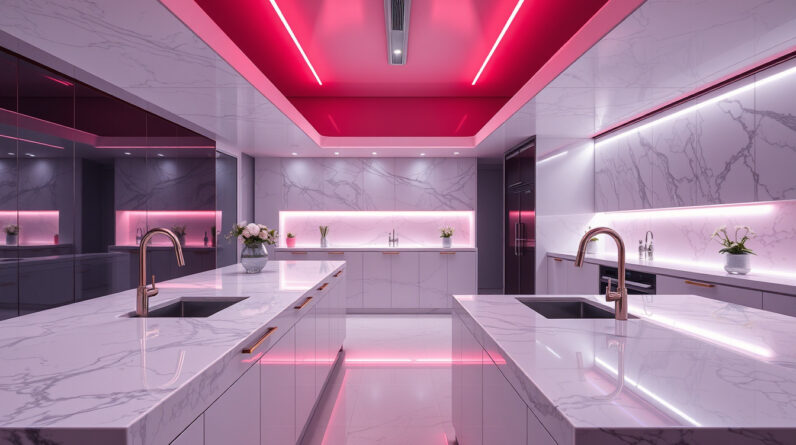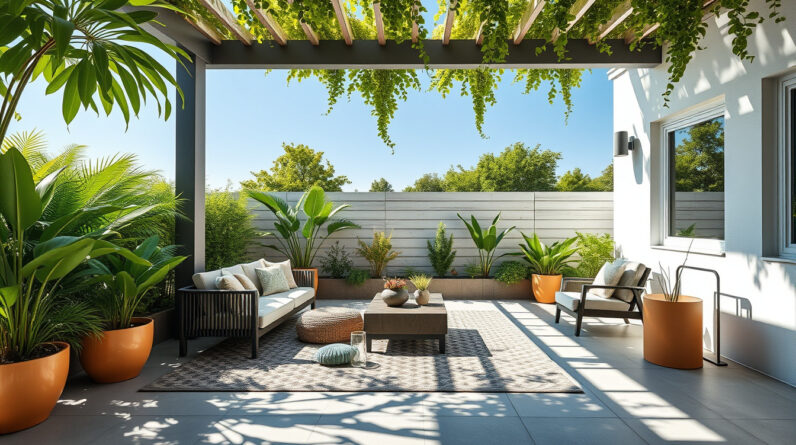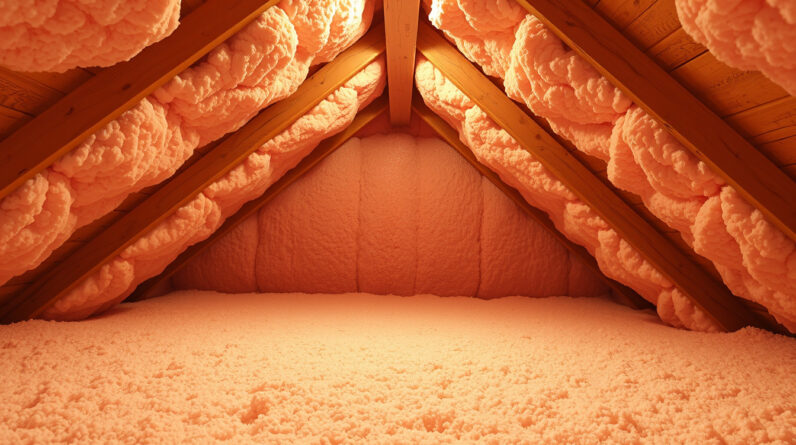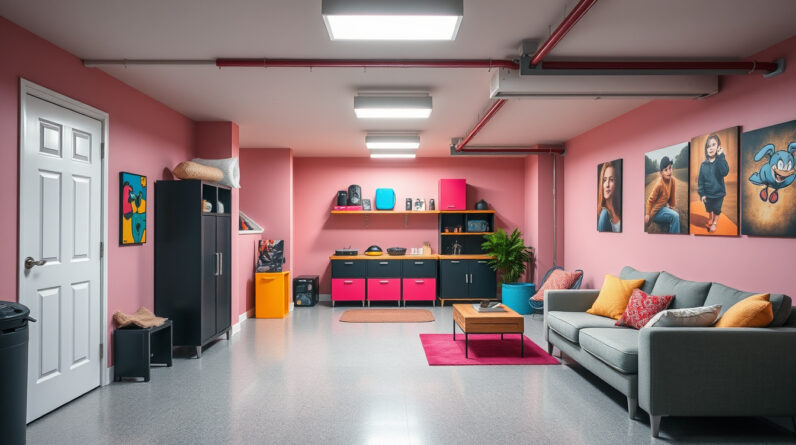When it comes to enhancing your home’s curb appeal, security, and energy efficiency, door replacements are a crucial investment. Whether you’re upgrading an outdated door or restoring a damaged entryway, choosing the right door can significantly impact your property’s overall look and functionality. In this comprehensive guide, we’ll explore essential tips for selecting the perfect fit for your door replacements project, helping you make an informed decision that combines style, security, and durability.
Why Proper Door Replacements Matter
A new door is more than just an aesthetic upgrade; it plays a vital role in your home’s security, insulation, and overall value. Incorrectly fitted doors can lead to drafts, higher energy bills, and potential security vulnerabilities. Therefore, understanding the key factors involved in door replacements is essential for achieving the best results.
Assess Your Needs Before Starting Door Replacements
Before diving into the options, take a moment to analyze what your specific requirements are:
- Security: Do you need a door that maximizes security?
- Insulation: Is energy efficiency a priority?
- Style: Are you aiming for a modern, traditional, or custom look?
- Budget: How much are you willing to invest?
- Material preferences: Steel, wood, fiberglass, or composite?
Understanding these factors will narrow down your choices and ensure your new door fits both your style and functional needs.
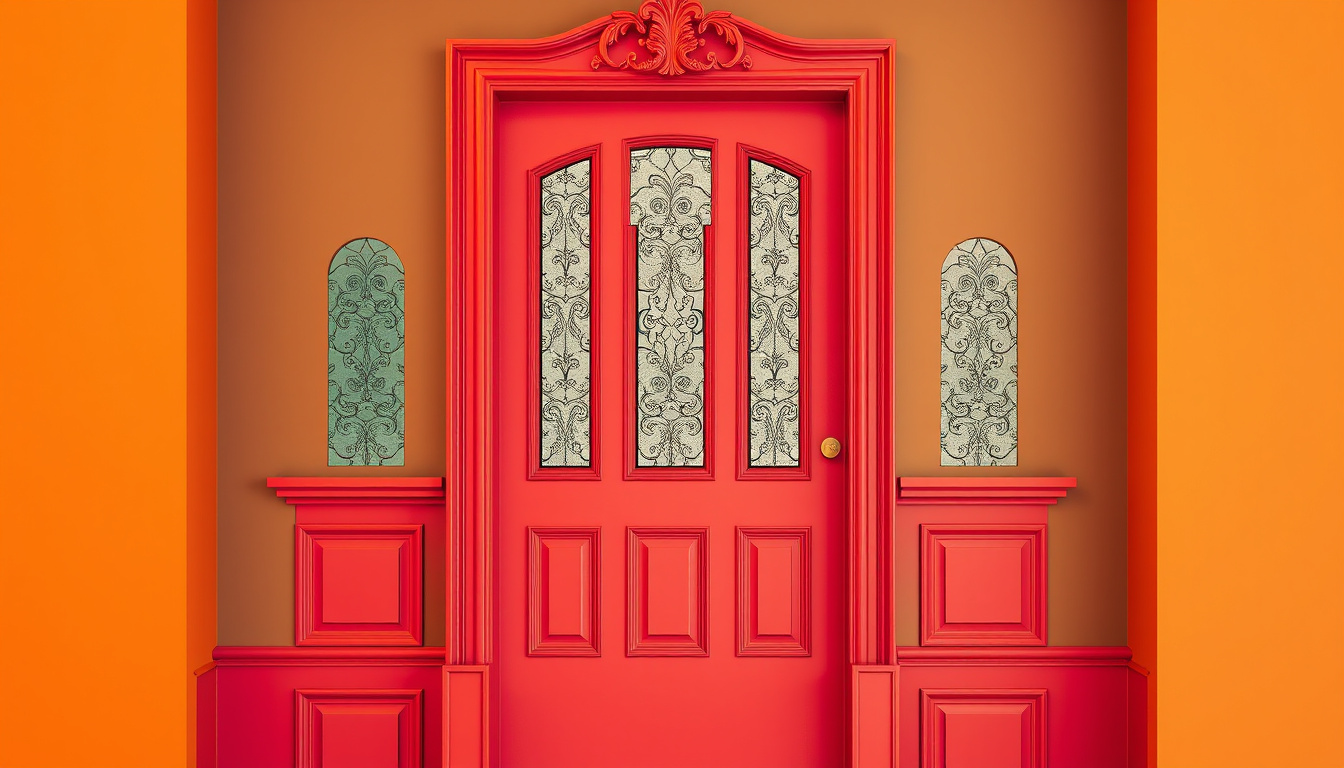
Types of Doors for Replacements: Pros and Cons
There are several types of doors to consider. Here’s a quick overview to guide your choices:
-
Wood Doors
- Pros: Classic aesthetic, customizable, natural insulation
- Cons: Susceptible to rot, requires maintenance
-
Steel Doors
- Pros: High security, durability, low maintenance
- Cons: Less aesthetic options, can dent
-
Fiberglass Doors
- Pros: Resist warping, excellent insulation, low maintenance
- Cons: Can be more expensive
-
Composite Doors
- Pros: Highly durable, good insulation, customizable
- Cons: Cost varies
Understanding the benefits and limitations of each material helps you choose a door that aligns with your priorities.
Key Factors to Consider for Perfect Door Replacements
1. Measurements and Fit
Accurate measurements are crucial. Measure the width, height, and thickness of your current door opening, and account for any necessary adjustments for hardware and weather stripping. A door that doesn’t fit properly can compromise security and insulation.
2. Security Features
Look for doors with reinforced frames, multi-point locking systems, and sturdy materials. Reinforced glass options and deadbolt integrations can further enhance security.
3. Energy Efficiency
Choose doors with proper insulation properties. Doors with insulated cores and weather stripping help reduce energy costs by preventing drafts.
4. Style and Aesthetic
Your door creates your home’s first impression. Choose a style and color that complements your home’s architecture. Popular options include paneled, glass inserts, or decorative designs.
5. Maintenance and Durability
Consider how much upkeep you’re willing to do. Fiberglass and steel doors typically require less maintenance than wood doors, which need periodic painting or sealing.
Installing Your Door Replacements: DIY or Professional?
While some homeowners opt for DIY door replacements, hiring professionals ensures proper installation, especially for complex or custom doors. Proper fitting guarantees maximum security, insulation, and longevity, preventing costly repairs down the line.
Cost Considerations and Budget Planning
Here’s a general guideline for door replacement costs:
- Basic wood door: $300 – $800
- Steel entry door: $400 – $1,200
- Fiberglass door: $700 – $2,000
- Custom or high-end doors: $2,000 and above
Remember to account for installation costs, hardware, and finishing touches when planning your budget.
Maintenance Tips for Long-Lasting Door Replacements
To keep your door looking and functioning at its best:
- Regularly clean with gentle soap and water
- Apply paint or sealant as needed
- Lubricate moving parts
- Check for damage or wear and repair promptly
Proper maintenance prolongs the lifespan of your door replacements and maintains their visual appeal.
Frequently Asked Questions about Door Replacements
Q1: How do I ensure my door replacements fit perfectly?
A: Precise measurements of the door frame are essential. Consider hiring a professional to handle installation for the most accurate fit and optimal performance.
Q2: What is the most durable material for door replacements?
A: Fiberglass doors are known for their durability and resistance to warping, cracking, and denting, making them a popular choice for longevity.
Q3: Are door replacements worth the investment?
A: Absolutely. New doors improve security, energy efficiency, and curb appeal, often resulting in increased home value and savings on energy costs over time.
External Reference for Further Reading
For more in-depth information on selecting the best materials for door replacements, visit The Home Depot’s guide on exterior doors.
Make the Right Choice Today
Investing in door replacements is a smart decision that elevates your home’s security, energy efficiency, and style. With careful planning, accurate measurements, and attention to quality, you can select the perfect door that meets your needs and complements your home’s aesthetic. Don’t settle for less—consult with professionals if necessary, and prioritize quality materials for lasting results. Start your door replacement journey today and enjoy the peace of mind and curb appeal that a perfect fit provides.
Ready to enhance your home with the ideal door replacements? Contact a trusted professional today and take the first step toward transforming your entryway into a beautiful, secure, and energy-efficient feature!


